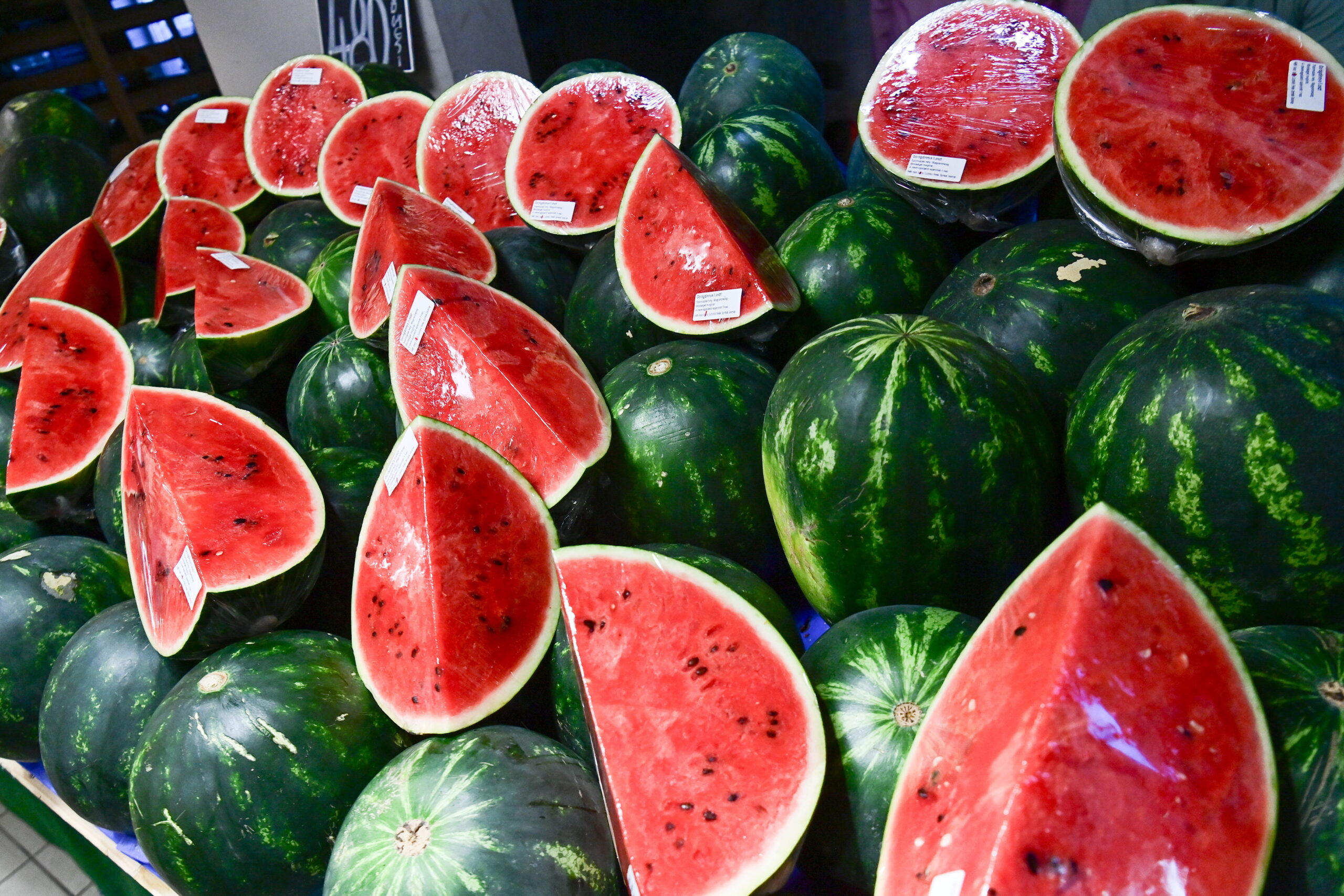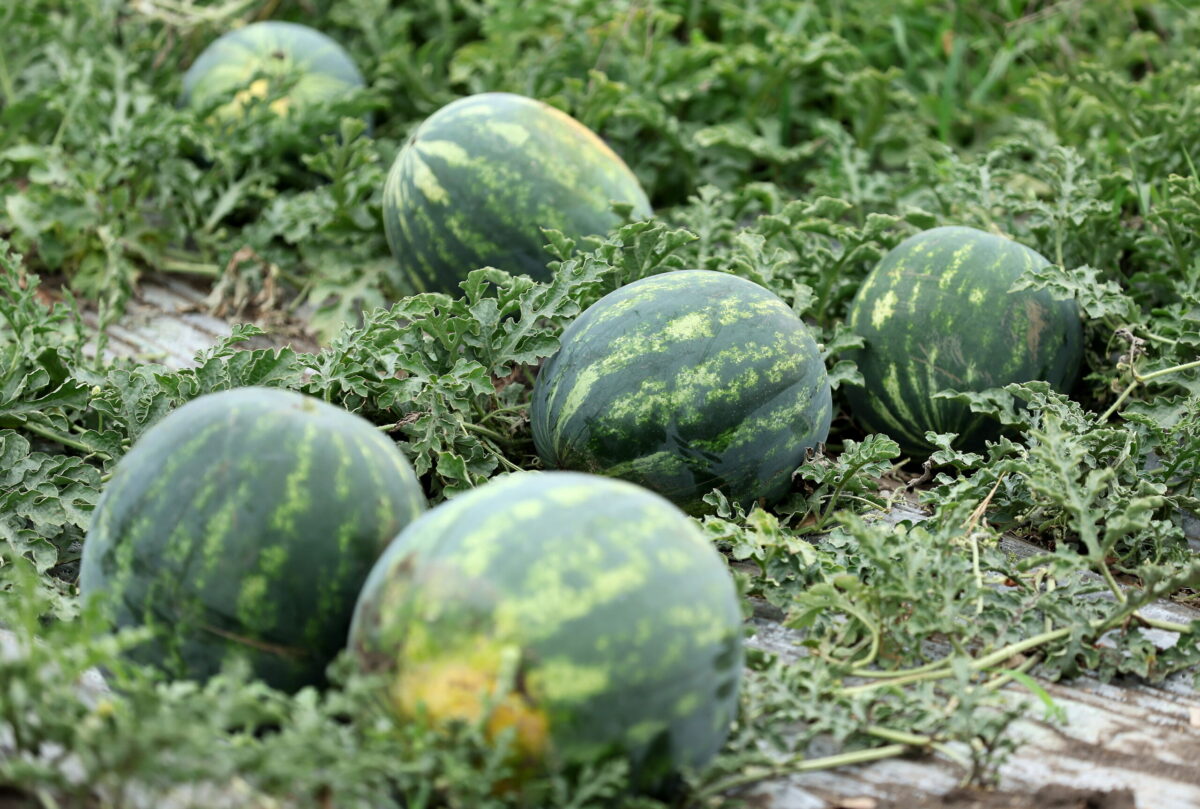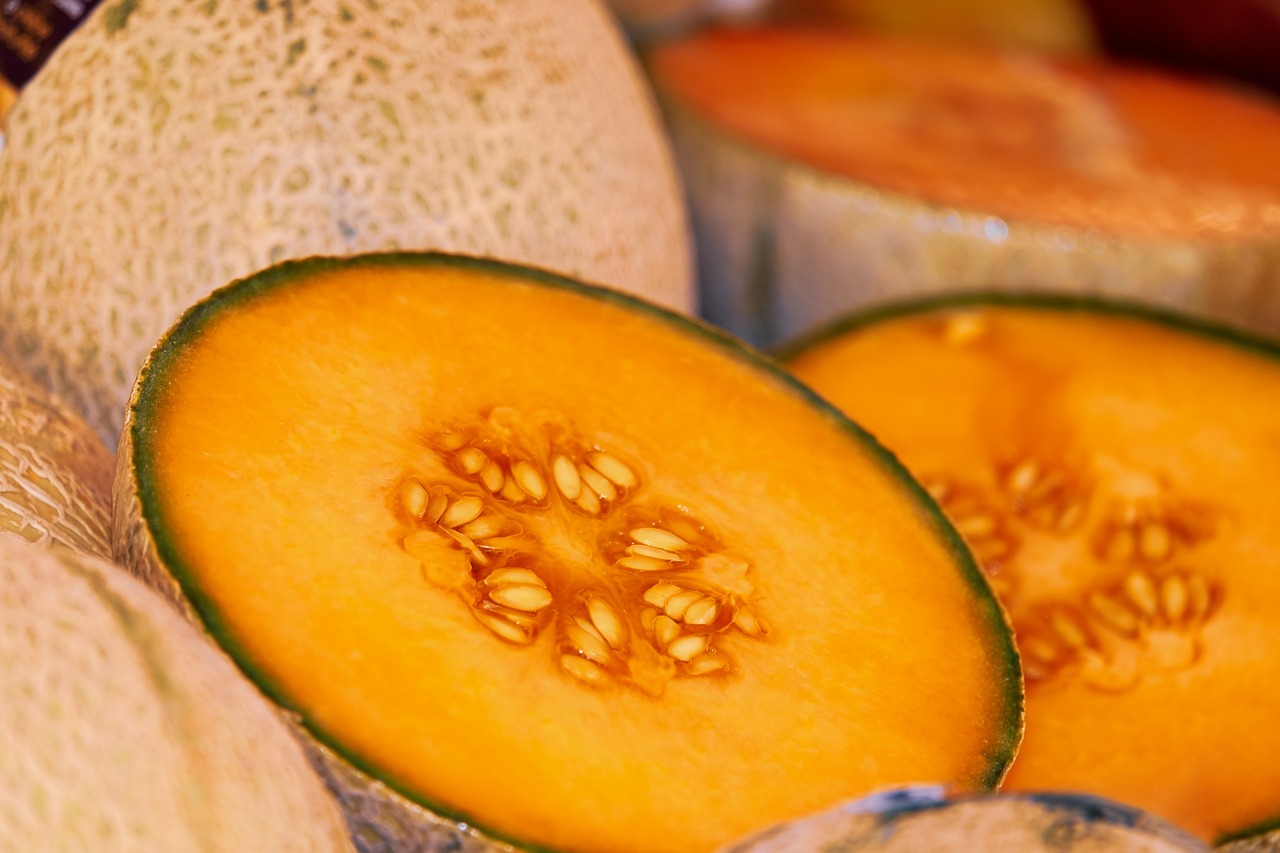
Melon imports to Hungary fell by 51% since last year as domestic production expanded significantly. Continue reading

Horticultural projects financed by the rural development framework are helping to sustain and modernize melon cultivation in Hungary, said Imre Hubai, State Secretary for Agriculture. Speaking at a press conference for the campaign promoting Hungarian melon consumption, he emphasized that targeted financial support is helping farmers adopt more efficient and reliable production methods.
The State Secretary praised Hungarian producers for continuing to deliver high-quality melons despite extreme heat and prolonged drought. Thanks to greenhouse cultivation, domestic melons are available earlier in the season, while open-field varieties are now distributed nationwide. Technological improvements and expanding melon varieties are leading to higher yields, better quality, and improved alignment with consumer demand, the politician noted.
Over 1,300 growers cultivate melons in Hungary, including around 300 who grow cantaloupe. Compared to last year, the number of growers has increased by 10% for watermelons and 15% for cantaloupe.
While watermelon cultivation remains stable at around 3,600 hectares, cantaloupe cultivation has surged by 60%, now exceeding 200 hectares.

Photo: MTI/Lehoczky Péter
Although melon imports fell last year, exports also slightly declined.
The Ministry of Agriculture aims to support growers in expanding sales, especially to key export markets like the Czech Republic, Poland, and Slovakia.
Supermarkets account for about 60–65% of domestic sales, with the rest coming from markets and direct outdoor sales. Direct sales through short supply chains are particularly sustainable, as melons require no packaging.

Photo: Pixabay
Per capita melon consumption in Hungary exceeds 10 kilograms annually, and rising demand is supported by favorable growing conditions and skilled farming.
Gergely Giczi, deputy managing director of the Agricultural Marketing Center, expects this year’s harvest to reach 200,000 tons, reinforcing melons as a vital crop in Hungary’s horticultural sector. The annual promotion campaign, ongoing since 2016, will expand into social media this year, with tastings at markets across the country.
However, climate change remains a major challenge. István Varga, Vice-President of FruitVeB Interprofessional Organization for Open Field Vegetable Production, noted that spring frosts and summer drought have affected yields. He stressed the importance of irrigation and effective marketing to ensure future stability in production.
Via MTI, Featured image: MTI/Bruzák Noémi